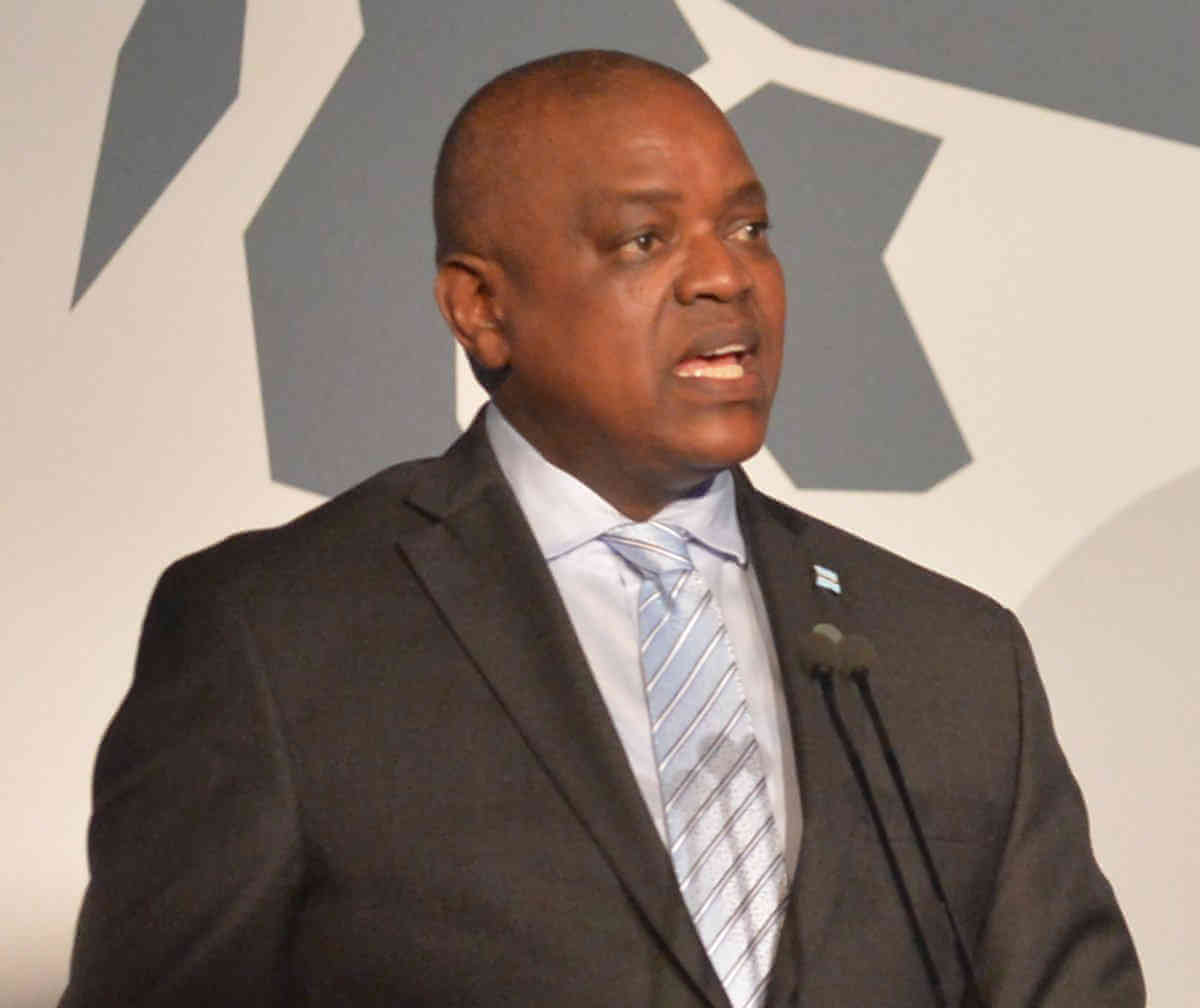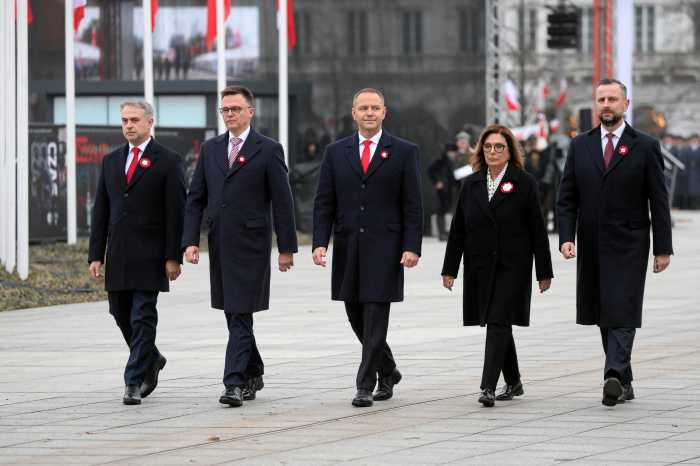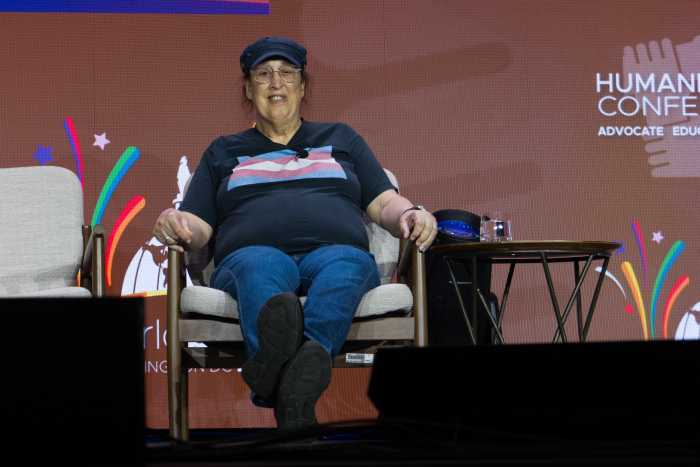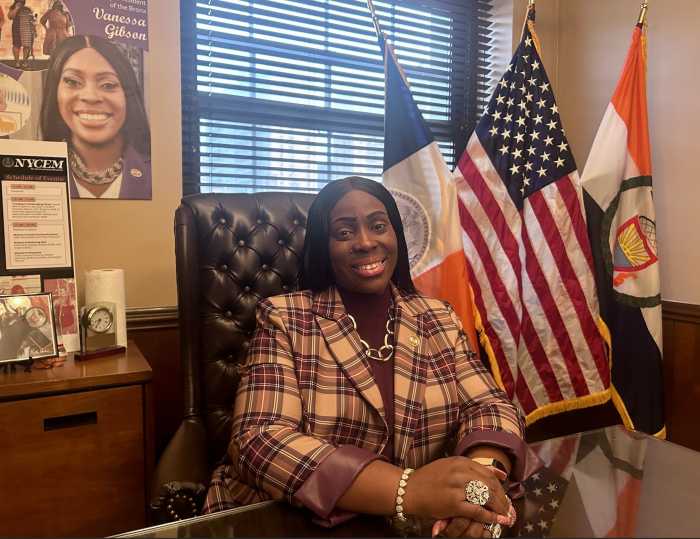The High Court of Botswana, in a unanimous three-judge ruling on June 11, struck down three provisions of the nation’s penal code that made soliciting or engaging in gay sex a crime, finding that those prohibitions violated the Constitution. The ruling came just weeks after a unanimous panel of the Kenyan High Court upheld that nation’s sodomy ban.
Botswana, a republic of 2.3 million people that is a member of the British Commonwealth of Nations and is centrally situated immediately north of South Africa, won its independence in 1965 and adopted a constitution with broad human rights protections.
The government can challenge the decision to the Court of Appeal, a constitutional bench made up mainly of judges from other Commonwealth countries, but there were no immediate press reports about any such intention. Last year, President Mokgweetsi Masisi delivered a speech “publicly signaling his support for same-sex relations” and arguing that LGBTQ citizens “deserved to have their rights respected,” according to The Economist.
The case did not arise as a challenge to a sodomy prosecution, but rather from the efforts of a 24-year-old gay student at the University of Botswana, Letsweletse Motshdiemang, who, represented by three attorneys, argued that the sodomy ban violated his constitutional rights. Motshdiemang’s action, in publicly stating that he is in a sexual relationship with another man, took courage given the criminal penalty for sodomy of up to seven years in jail. After he filed his lawsuit, Lesbians, Gays and Bisexuals of Botswana, better known as LEGABIBO, was allowed to participate as a friend of the court and supplied expert testimony in support of the suit.
In a few introductory sentences to his very lengthy opinion, Judge Michael Leburu, wrote, “What regulatory joy and solace is derived by the law, when it proscribes and criminalizes such conduct of two consenting adults, expressing and professing love to each other, within their secluded sphere, bedroom, confines, and/ or precinct? Is this not a question of over-regulation of human conduct and expression, which has a tendency and effect of impairing and infringing upon constitutionally ordained, promised, and entrenched fundamental human rights? Our bill of rights, as entrenched and enshrined in our Supreme Law (the Constitution), is a manifestum of progressive, long lasting, and enduring rights, which yearn for judicial recognition and protection. Any limitation in the enjoyment of such rights, therefore, ought to be reasonably justifiable within our hallowed democratic dispensation that subscribes to the rule of law, which recognizes and protects both the majority and minority rights and interests.”
A roadblock to Motshdiemang’s lawsuit was a 2003 decision by the Court of Appeal that involved a gay man’s sodomy conviction. That court found that Botswana was not ready to accept homosexuality. The new decision rejects that conclusion, largely on the ground of changing public opinion and a variety of constitutional arguments not presented in the older case.
Leburu’s opinion emphasizes that the sodomy prohibition was not of African origin, but rather imported under British rule and merely carried forward into the independent nation’s laws. He noted, however, that Britain itself decriminalized gay sex in 1967, a development followed by former British colonies including South Africa and the US.
“The repeal of the sodomy laws was greatly influenced, in large measure, by the inherent recognition of such laws as being discriminatory, invasive of personal dignity, privacy, autonomy, liberty, and, lastly, the absence of compelling public interest to intrude and regulate private sexual expression and intimacy between consenting adults,” Leburu wrote.
Significant judicial decisions coming from Commonwealth nations often quote court opinions from other member nations, and Leburu’s opinion is strewn with such quotations, including from the recent Supreme Court of India ruling striking down that nation’s sodomy law, which had also been imposed during British colonial rule. The opinion also refers to the US Supreme Court’s 2003 decision in Lawrence v. Texas, which struck down state sodomy laws, and similar rulings out of South Africa and Canada.
Leburu’s opinion embraces the court’s role in developing constitutional interpretation for changing times and in acknowledging the nation’s obligations under international treaties. He found support for Motshdiemang’s suit in the nation’s constitutional guarantee of the right to privacy and identified the guarantees of liberty, equality, and dignity as a “triumvirate” that “forms the core values of our fundamental rights.”
“Sexual orientation is innate to a human being,” Leburu wrote. “It is not a fashion statement or posture. It is an important attribute of one’s personality and identity; hence all and sundry are entitled to complete autonomy over the most intimate decisions relating to personal life, including the choice of a partner. The right to liberty therefore encompasses the right to sexual autonomy.”
Leburu rejected the government’s argument that because the law was gender-neutral and prohibited everybody from engaging in anal sex it was not discriminatory. Referring to arguments presented by LEGABIBO, he wrote that “the nub and substance of the amicus case is that the provisions are discriminatory in effect, by denying him sexual expression and gratification, in the only way available to him, even if that way is denied to all.”
Significantly, in light of the legal debate currently simmering here in the US, Leburu wrote “the word ‘sex’ in Section 3 of the Constitution should be generously and purposively interpreted to include ‘sexual orientation.’” Sex is a protected class under discrimination provisions of the Botswana Constitution, just as it is under the 1964 Civil Rights Act in the US.
In order to “buttress and fortify” his conclusion on this point, Leburu noted that in 2010 “our Parliament… in its graceful and usual wisdom,” outlawed employment discrimination on the basis of sexual orientation.
Regarding moral objections to sodomy, Leburu wrote, “such justification does not pass constitutional muster. The test of what is reasonably justifiable in a democratic society is an objective one. There is nothing reasonable and justifiable by discriminating against fellow members of our diversified society. The State has failed to single out the objective that is intended to be satisfied by the impugned provisions.”
The courtroom in Gabarone, the nation’s capital, was crowded with LGBTQ activists when Leburu announced the court’s decision, and an exuberant celebration ensued. Among those congratulating Botswana was the US Department of State. Using the Trump administration’s preferred mode of communicating momentous statements, department spokesperson Morgan Ortagus tweeted: “We are pleased by #Botswana’s High Court decision to decriminalize same-sex relationships –— an historic moment in protecting human rights for all. Congrats to the brave people who worked for this outcome. We hope other countries follow Botswana’s example.”


































